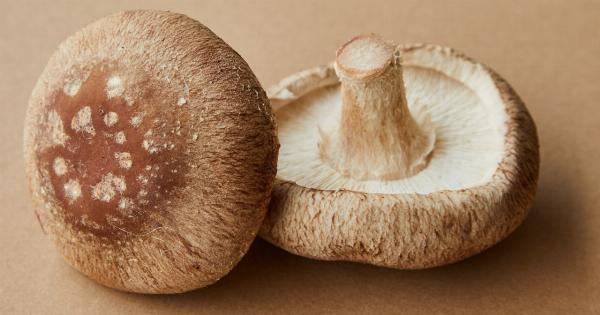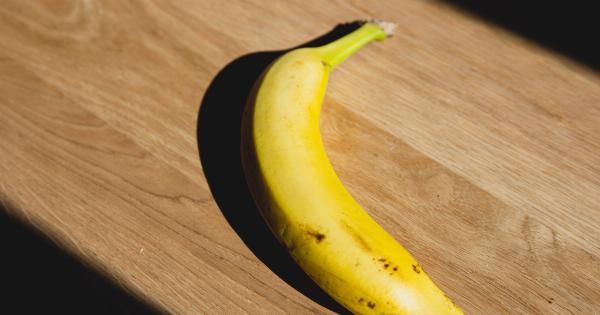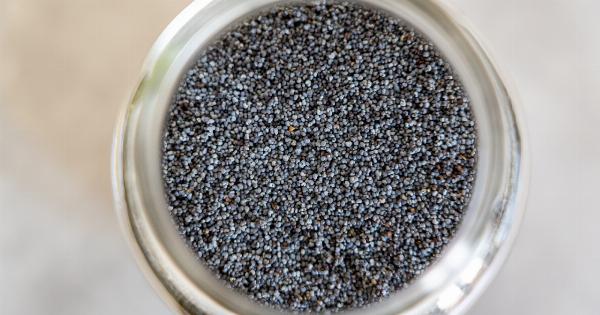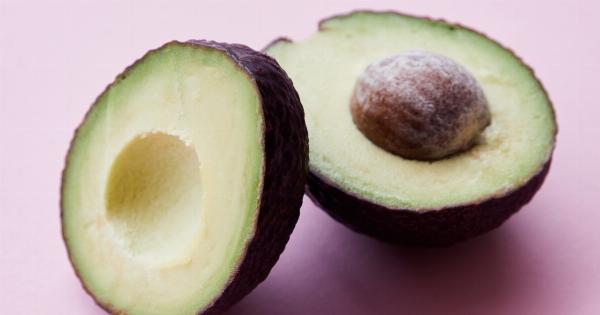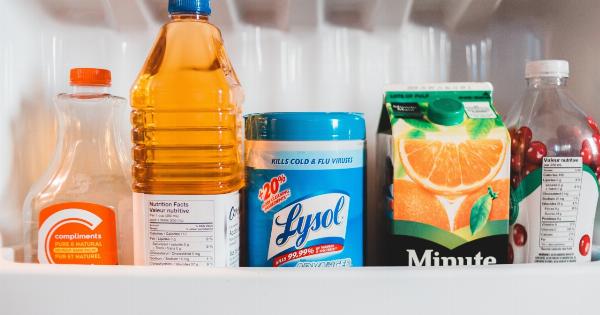Spermidine has been making waves in the health world in recent years due to its potential anti-aging effects.
Research has shown that spermidine can not only extend lifespan in animals, but also improve cardiovascular health and boost cognitive function. But the question remains: where can you find spermidine in your diet?.
What is Spermidine?
Spermidine is a naturally occurring polyamine found in both plant and animal cells. It is involved in a variety of essential cellular processes, including DNA stabilization and protein synthesis.
Recent research has suggested that spermidine may also play a key role in slowing down the aging process, making it an exciting area of study in the field of anti-aging research.
The Benefits of Spermidine
So, what exactly are the benefits of spermidine? Research has shown that this polyamine may offer a wide range of health benefits, including:.
- Promoting autophagy (cellular recycling) and thereby preventing the accumulation of damaged and dysfunctional cells
- Improving cardiovascular health by reducing inflammation and lowering blood pressure
- Boosting cognitive function and reducing the risk of neurodegenerative diseases like Alzheimer’s and Parkinson’s
- Extending lifespan in animal studies
Foods That Contain Spermidine
While spermidine is found naturally in the body, it can also be obtained through your diet. Here are some of the foods that are richest in spermidine:.
Soybeans
Soybeans are one of the richest sources of spermidine, containing up to 70 mg per 100 grams of soybeans. This makes soy a great choice for vegetarians and vegans looking to up their intake of this important polyamine.
Mushrooms
A variety of mushrooms, including shiitake, oyster, and white button mushrooms, have been shown to contain high levels of spermidine. One study found that shiitake mushrooms contained up to 18 mg of spermidine per 100 grams.
Green Peas
Green peas are another great source of spermidine, containing up to 12 mg per 100 grams of peas. Peas are also packed with other important nutrients, including vitamin C, vitamin K, and fiber.
Corn
Corn is not only a good source of spermidine, but also contains a variety of other polyamines, including spermine and cadaverine. One cup of corn kernels contains about 7 mg of spermidine.
Wheat Germ
Wheat germ is one of the most nutrient-dense portions of the wheat kernel, containing a variety of important vitamins and minerals as well as spermidine. One ounce of wheat germ contains about 12 mg of spermidine.
Cheese
Cheese, especially aged cheeses like cheddar and Parmesan, are also a good source of spermidine. One ounce of cheddar cheese contains about 4 mg of spermidine.
Spermidine Supplements
If you are looking to up your intake of spermidine, you may also consider taking a spermidine supplement.
These supplements are made from natural sources like wheat germ and soybeans, and can be a convenient way to increase your intake of this important polyamine.
The Bottom Line
While research into the benefits of spermidine is still ongoing, this polyamine is emerging as an exciting area of study in the field of anti-aging research.
By incorporating spermidine-rich foods into your diet, you may be able to help slow down the aging process and improve your overall health and longevity.






